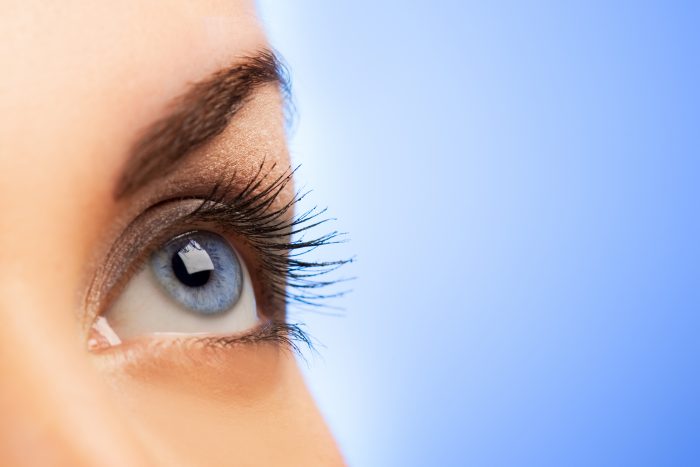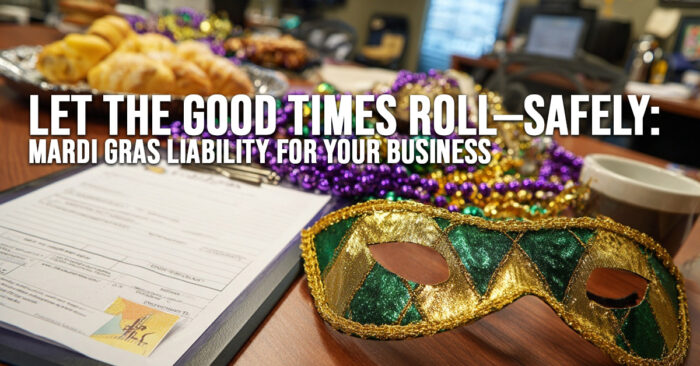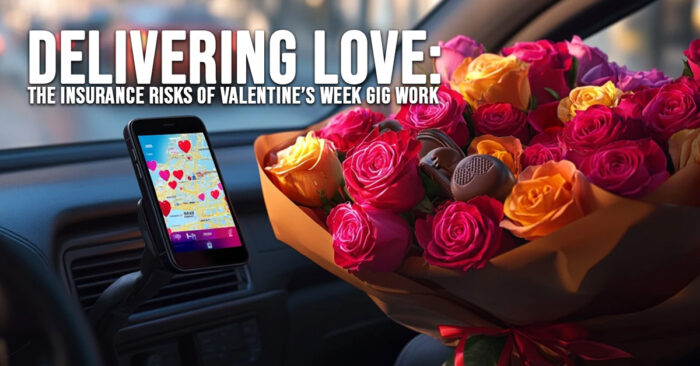Relieving Your Retina

You wake up in the morning to that annoying sound of your alarm, open your eyes to that bright screen, squinting as you press snooze. You wake up, check up on all your social media posts, emails, text messages, then get ready for work. You get to work, where you stare at your computer for eight hours—per day. After you leave, you spend another hour scrolling through your cell phone. The rest of your evening is spent binge-watching your favorite Netflix series. When it gets late, you go to bed, so that you can get enough rest to wake up the next day and have another very similar day.
This is true about the average American on a daily basis. Whether it be research on a computer screen, constant social media updates, or working in front of a computer for eight hours straight, we spend the majority of our time staring at the blue light that comes from these devices.
Blue light can be beneficial for us—in moderation, just like most other things. It can boost alertness, improve memory and cognitive function, and elevate mood. However, with so many technologies, studies are beginning to show concerns with too much blue light.
Your eyes are affected by blue light because it passes through the cornea and lens of your eye, directly reaching the retina. It’s possible this could result in premature aging of your eyes. Too much blue light can damage your retina, and can also cause what’s known as Digital Eyestrain. The symptoms of Digital Eyestrain are fatigue, dry and sore eyes, difficulty focusing. The strain on your eyes can cause headaches and blurred vision in your days to come.
Scientists aren’t sure of all the long-term effects of digital eyestrain.
Prevention:
- Wear protection—no, not that kind of protection.
There are filters to apply to your computer screen to lessen the amount of blue light your eyes are receiving, as well as glasses you can wear to protect your eyes.
- Make sure your screen is at the right level, and that your computer’s resolution is crisp enough to prevent straining your eyes trying to read.
- Use what’s known as the 20-20-20 rule: Take a break from working every 20 minutes, stare at something 20 feet away for 20 seconds. This will help you regain focus and prevent damage to your retina.
- Try to be more conscientious of the effects of your constant cell-phone and computer use, for your own
 By: KayLynn
By: KayLynn
Do you have questions about your insurance? Find an insurance agent near you with our Agent Finder
Search All Blogs
Search All Blogs
Read More Blogs
The Mystery of the Plastic Baby: A Guide to Mardi Gras and the King Cake
Why is there a baby in the cake? Discover the history and traditions of Mardi Gras 2026 and the delicious mystery of the King Cake.
Let the Good Times Roll—Safely: Mardi Gras Liability for Your Business
Hosting a Mardi Gras party this Tuesday? Make sure your business has the right event liability and liquor coverage before the beads start flying.
The Business “Prenup”: Why Business Partners Need Life Insurance in February
Love your business partner? Protect your company with a Life Insurance-funded Buy-Sell agreement to ensure the business survives the unexpected.
Heading South? Insuring Your Mid-Winter Break Road Trip in February
Driving to find some sun this week? Check your roadside assistance and rental car coverage before you leave the driveway.
Spring Dreams, Winter Schemes: Updating Your Insurance Before Your Spring Renovation
Planning a Spring kitchen remodel? Learn why you need to call your insurance agent before the contractors arrive to ensure your project is covered.
Shadow or Spring? The Quirky Science and Folklore of Groundhog Day 2026
Will he see his shadow? Dive into the history and humor of Groundhog Day 2026 and why we still trust a rodent with our weather forecasts.
Stocked for Love: Protecting High-Value Valentine’s Inventory with Business Insurance
Is your Valentine’s stock protected? Ensure your business insurance accounts for the massive inventory surge happening in early February.
New Life, New Responsibility: Why a February Arrival Means Updating Your Policy
Welcoming a new family member this February? It’s time to move life insurance to the top of your to-do list to ensure your child’s future is secure.
Delivering Love: The Insurance Risks of Valentine’s Week Gig Work
Delivering flowers or chocolates for extra cash this Valentine’s? Make sure your car is actually insured for delivery work before you hit the road.
Tax Prep & Protection: Ensuring Your Home Office is Fully Insured for 2026
Prepping your taxes? Don’t forget to check your home office insurance. Your standard policy might not cover your professional gear or liability.









